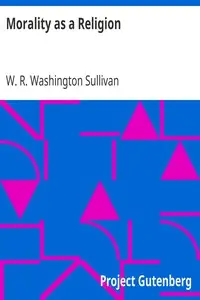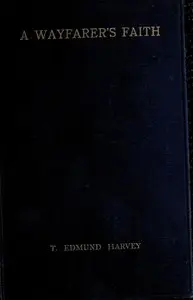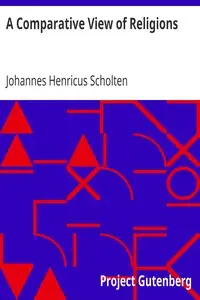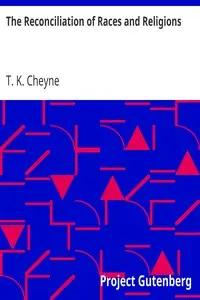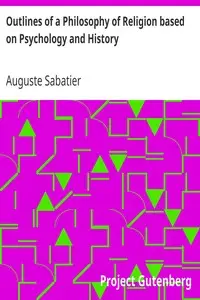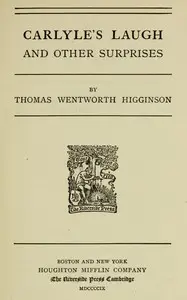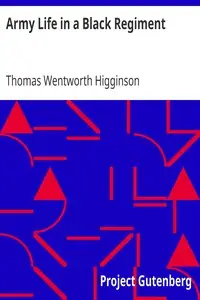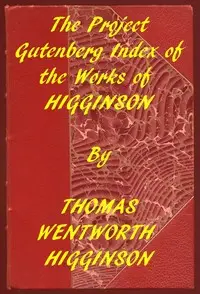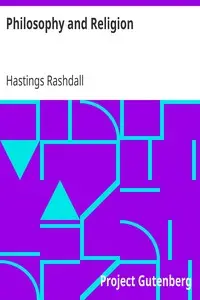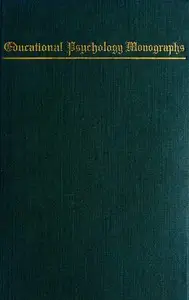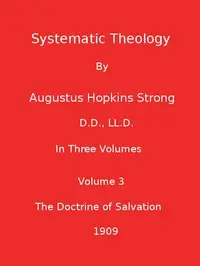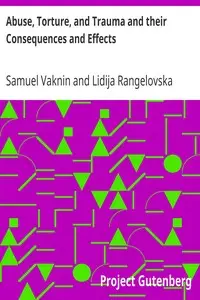"The Sympathy of Religions" by Thomas Wentworth Higginson is a late 19th-century discussion that shows how the world's religions are linked. It's about how different faiths share core ideas and goals, pushing for a united view of spirituality instead of seeing religious truth as belonging to only one group. Higginson argues that religions, while seeming different, share a universal desire to connect with something divine and to act morally. By highlighting the common moral codes and teachings of love, he proposes religions are like instruments in a spiritual orchestra, collectively striving for understanding and encouraging people to recognize value in all faiths and promotes working together for humanity.
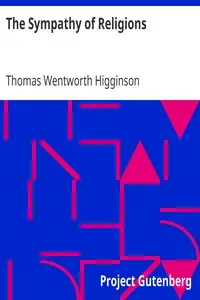
The Sympathy of Religions
By Thomas Wentworth Higginson
Discover how diverse faiths intertwine with universal morals and shared spiritual aspirations, advocating for unity rather than religious exclusivity.
Summary
About the AuthorThomas Wentworth Higginson, who went by the name Wentworth, was an American Unitarian minister, author, abolitionist, politician, and soldier. He was active in abolitionism in the United States during the 1840s and 1850s, identifying himself with disunion and militant abolitionism. He was a member of the Secret Six who supported John Brown. During the Civil War, he served as colonel of the 1st South Carolina Volunteers, the first federally authorized black regiment, from 1862 to 1864. Following the war, he wrote about his experiences with African-American soldiers and devoted much of the rest of his life to fighting for the rights of freed people, women, and other disfranchised peoples. He is also remembered as a mentor to poet Emily Dickinson.
Thomas Wentworth Higginson, who went by the name Wentworth, was an American Unitarian minister, author, abolitionist, politician, and soldier. He was active in abolitionism in the United States during the 1840s and 1850s, identifying himself with disunion and militant abolitionism. He was a member of the Secret Six who supported John Brown. During the Civil War, he served as colonel of the 1st South Carolina Volunteers, the first federally authorized black regiment, from 1862 to 1864. Following the war, he wrote about his experiences with African-American soldiers and devoted much of the rest of his life to fighting for the rights of freed people, women, and other disfranchised peoples. He is also remembered as a mentor to poet Emily Dickinson.

